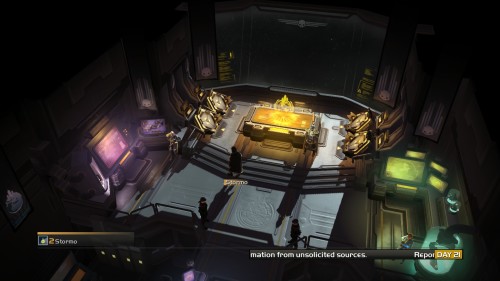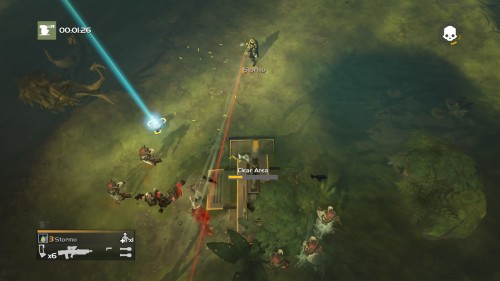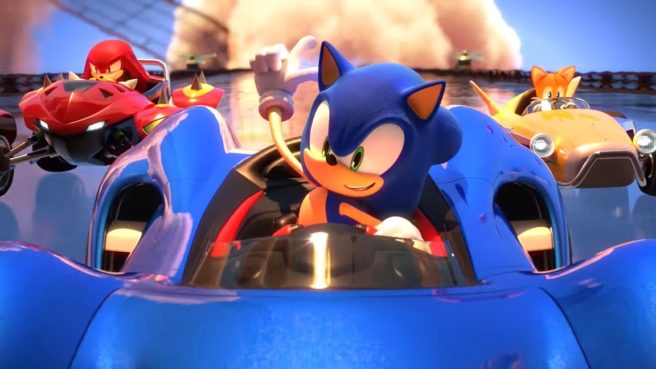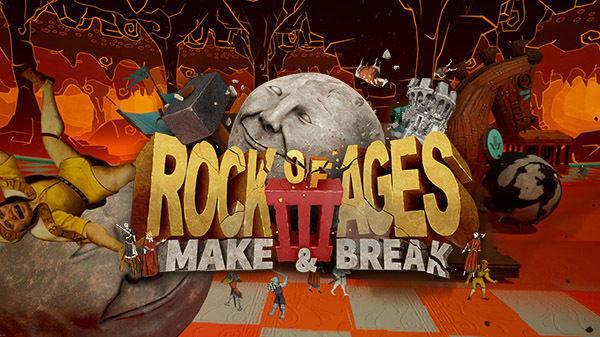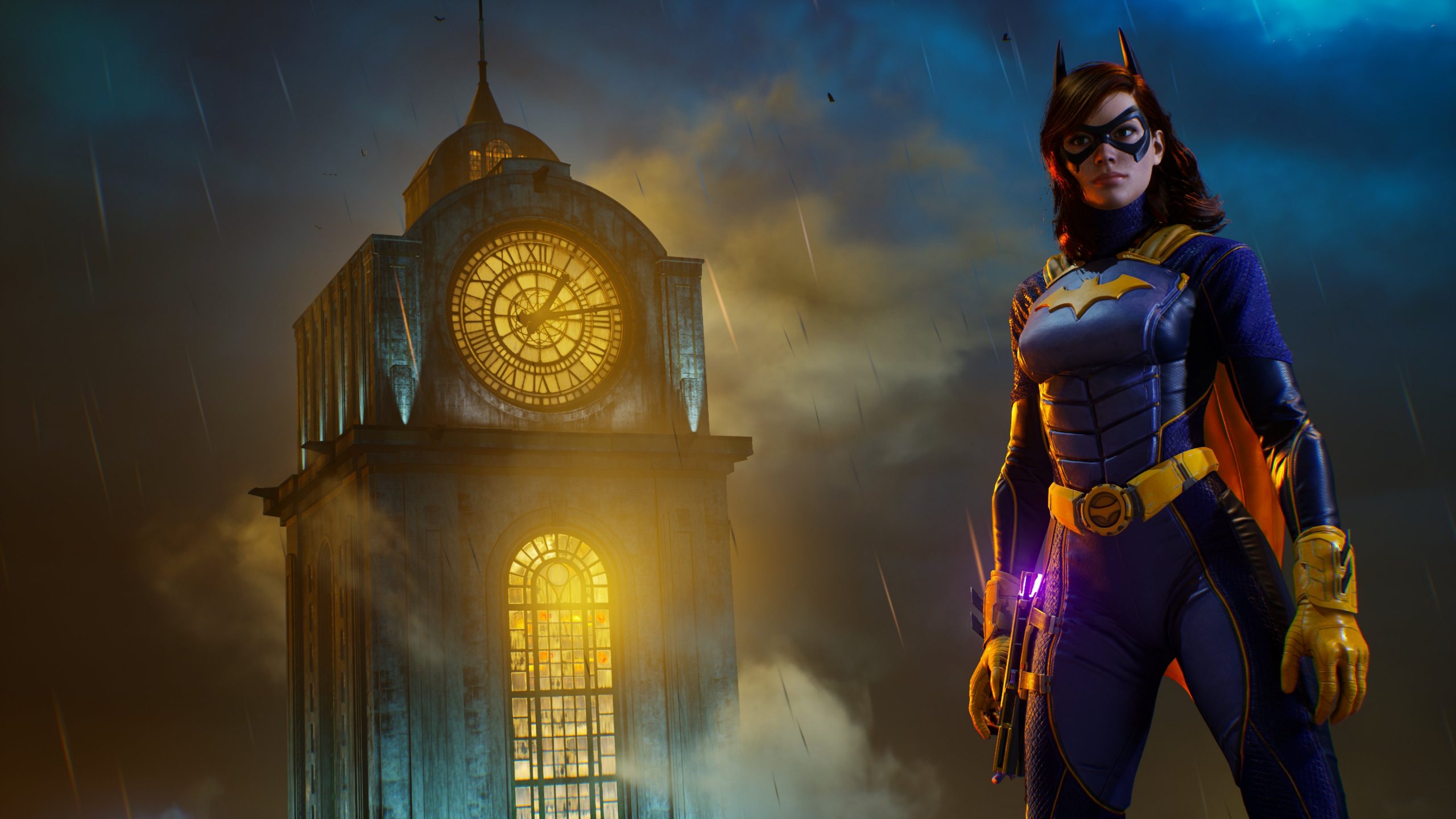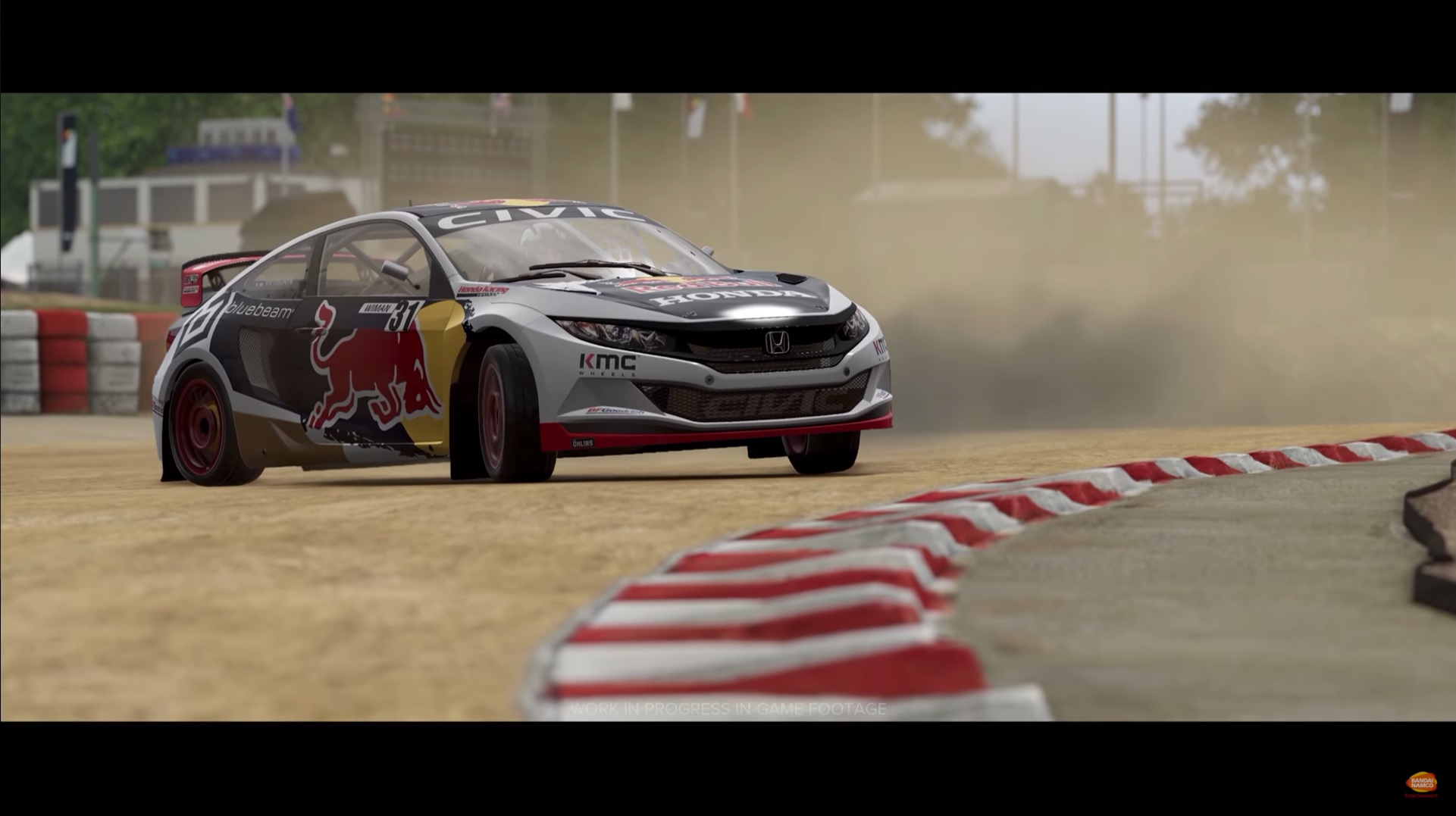
The first time I played a video game where it was clear that the online aspect of the game was the focus was probably Bizzarre Creations’ Project Gotham Racing 2. In that game, online scoreboards were put right in front of the player in a way I’d never seen before. The game begged me at every turn to break out my credit card and buy an Xbox Live subscription. It was like, by playing solo and offline, I was only getting half the experience i’d paid for.
Thankfully, though, Project Gotham Racing 2 made no concessions to its single player mode in order to bring these features. It was every bit as fun and comprehensive a game as its predecessor, and I never felt, while playing, that I was being penalised for playing alone. Sure, I had empty score screens at the end of every race, but I could live with that. They weren’t necessary to the experience.
In general, I prefer solo offline games to online multiplayer ones. That might sound odd coming from someone who has contributed the vast majority of Rocket Chainsaw’s MMO reviews, and who held an active World of Warcraft subscription for the best part of seven years (and who currently has an active Elder Scrolls Online subscription), but there you have it. Even in MMOs, I tend to do as much solo stuff as I can before diving into group content. When a game makes it really easy to dive into the stuff that requires multiplayer, then I’m pretty comfortable doing so. I feel like I’ll be competent and able to fulfil my character’s role within that group.
So the continuing trend of games sacrificing their solo experience in order to present a comprehensive multiplayer experience has always bothered me. Some games can get away with it because of their nature, but others can’t. Take the standard Diablo-style dungeon crawler for example. These are games that are built for solo experiences, but which often have comprehensive multiplayer experiences added into them. Sometimes, they work well as both, but more often, one aspect is sacrificed. Magicka, for example, is a weak solo experience but an amazing multiplayer experience.
All of this was in my head when I was playing Helldivers, a top-down shooter that borrows a bit from the dungeon crawler experience. It uses similar top-down levels and continuous flows of semi-random enemies, though it lacks the constant loot-reward cycle that makes such games so compelling. I generally love these kinds of games, because they scratch my arcade top-down shooter itch in a very specific way.
So I fired up Helldivers and dropped into its single-player mode. After playing through an infuriatingly unskippable tutorial, the game threw me into a Starship Troopers kind of world, where I was a ‘helldiver’ fighting for the future of Super Earth against three different alien threats. I liked the parody jingoism of the game, and it’s a good way to get me interested in what I have to do.
Maps are, initially, relatively small and simple, with easy objectives. Difficulty and complexity increase, but I found, solo, that even the simple maps were quite difficult to clear. This is primarily due to the mechanics the game employs to add challenge. Firstly, there’s a strict limit on ammo, and of course, you have to reload your gun. Reloading wouldn’t be a problem except that if you don’t empty your clip, you’ll lose any ammo left in it if you reload first. Realistic, sure, but frustrating as it means you always need to empty your clip in order to maximise the amount of ammo you use.
Then there’s the game’s oddest mechanic: the need to enter direction pad combinations in order to initiate many actions. Imagine having to enter the Konami Code whenever you need to call down a supply package or initiate a control point, and you’re somewhat along the lines of what Helldivers asks you to do. The game has ‘stratagems’, which are special input codes you can enter to call down supplies, an automatic turret or an air strike; but these can only be called down when you bring up the stratagems menu, even if you memorise the inputs.
All this costs precious time, which, in a game as frantic as Helldivers, you tend not to have much of when waves of aliens are coming towards you. The game does encourage you to avoid combat when possible, but of course, that’s not super-useful when you’re waiting for the dropship to pick you up. The whole system reminds me of a more restrictive version of the spell system in Magicka, a game that’s actually not all that dissimilar to Helldivers once you look past the visual sheen.
Ultimately, Helldivers feels like a decently made game that I just found difficult to enjoy. The multiplayer and online functionality didn’t excite me all that much, and as a solo experience, it’s pretty barren. I can see that it could be fun for three or four people, but I don’t think I would have fun with it in that situation. I do love the aesthetic, and the setting is funny and cool. If you think a four-player twin-stick shooter inspired by Starship Troopers is something you’d like, then go check it out.
Cool Starship Troopers-inspired world
Well-integrated online features
Solo experience is unsatisfying
The system for calling strategems/activating items is tedious

